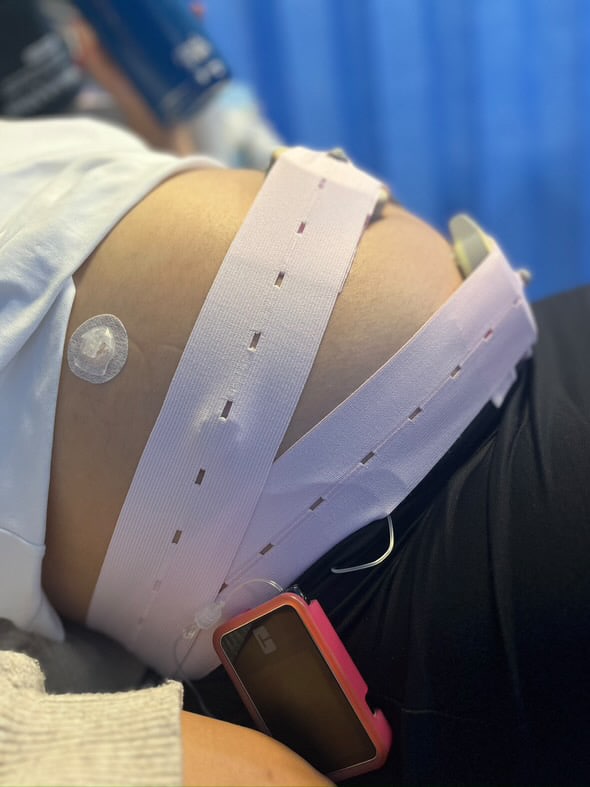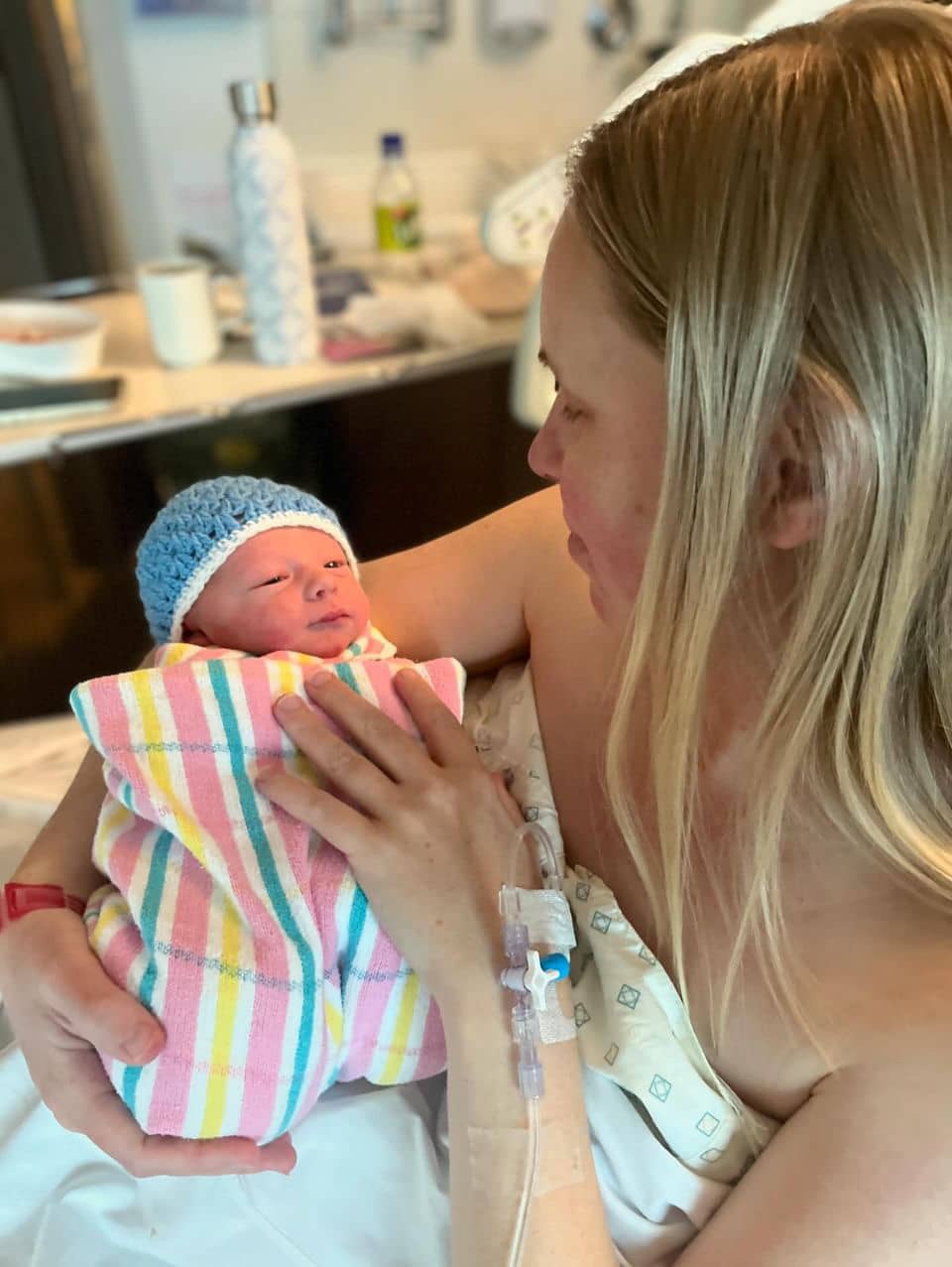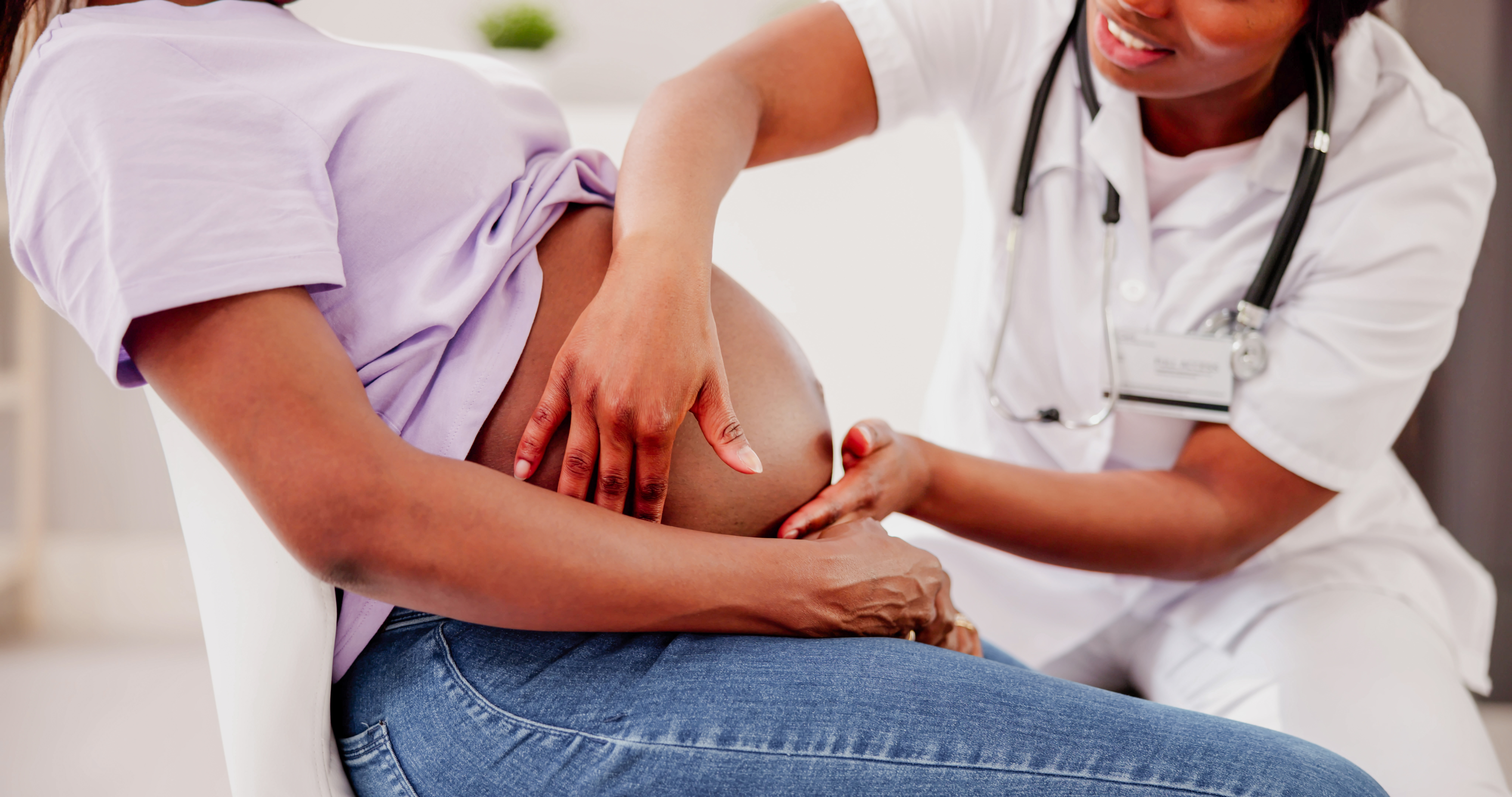Pregnancy Pregnancy Fatigue
Pregnancy Fatigue

Is it normal to feel tired in pregnancy?
I distinctly remember the deep, unrelenting exhaustion that signalled the start of my pregnancy. Of course, I didn’t know I was pregnant at the time but I’ll never forget that fatigue that had me crawling into bed at 5pm and not waking till the next morning. I thought something was seriously wrong but it turns out my body was doing the important work of growing a baby.
Fatigue is one of the most common signs of early pregnancy and it’s often one of the first that women notice. If you consider what exactly your body is doing in the first few weeks and months of pregnancy, you’ll better understand your exhaustion which can help you feel grateful for the wondrous things your body is doing.
What causes pregnancy fatigue?
So why does early pregnancy make you feel so tired and is there anything you can do about it? The hormone progesterone (which acts as a natural sedative) really kicks in around 7 weeks (you have more than sixteen times the amount of progesterone than you do in a normal menstrual cycle) and while its main purpose is to create the perfect uterine environment for the embryo to implant and grow, it also slows down your body and encourages you to take it easy, nap frequently and rest. It makes sense; your body is working really hard to grow your baby so there’s little energy left for anything else.
It’s easy to forget that you’re also growing a placenta; a brand new and incredibly powerful organ and the complexity of its growth in the first trimester is astounding. Other contributing factors include the following which are a prime recipe for fatigue :
- The demands of creating and pumping extra blood around your body and to your baby,
- Increased heart rate
- Increased metabolism
- Decreased blood sugar
- Decreased blood pressure
There’s also the fact that you may be dealing with a range of new symptoms that can lower your energy levels and disrupt your sleep, including:
- Nausea and vomiting
- Frequent urination
- Back ache
- Headaches
- Digestive issues
- Stress and overwhelm
It’s important to note that roughly 20 percent of women start their pregnancy with low iron which typically worsens as pregnancy progresses. Your GP will check your iron levels on your first blood test and will encourage you to take iron supplements if your levels are low. This poses a problem if you’re suffering nausea and vomiting as often supplements, red meat and green vegetables (the foods that are naturally high in iron) don’t often sit well on a queasy tummy. Make sure you stay in touch with your GP and care provider about your iron levels throughout pregnancy as low iron can create more issues throughout pregnancy, including depression, heart palpitations and it can increase your chances of pre-term delivery and postpartum haemorrhage.
What can you do to feel better?
If you’re attempting to keep the same productivity levels that you had pre-pregnancy, whether professionally or personally, now is the time to be kind to yourself, adjust your expectations and prioritise rest. And remind yourself: you won’t feel like this forever. It’s a new season of life that requires you to slow down and go gently.
In my new online course, Welcome to the First Trimester I talk with five perinatal specialists about everything you need to know about the first trimester, including:
- Seeing your GP
- Choosing a care provider
- Navigating mental health concerns
- Physical changes and concerns
- Early pregnancy nutrition and supplements
Access it HERE along with an informative workbook and a set of affirmation cards.
Categories
Related Products
-
Birth Combs: Harness Your Body’s Natural Pain Relief
$24.95Crafted from smooth, natural wood, our birth combs activate specific pressure points in your hands that trigger your body’s innate pain-relieving responses.
Get your copy of our Perineal Massage Guide in your inbox
Keep Reading
We think you might enjoy these articles

Pre-existing Diabetes and Pregnancy: What You Need to Know

Harnessing the Power of Acupressure: A Natural Approach to Preparing for Birth

Thoughtful Christmas Gifts for your Pregnant Friend.

What is Pre-eclampsia?

Non-invasive Prenatal Testing (NIPT)
@AustralianBirthStories
Follow along with us
@AustralianBirthStories
Follow along with us
@AustralianBirthStories
Follow along with us
@AustralianBirthStories
Follow along with us
@AustralianBirthStories
Follow along with us
@AustralianBirthStories
Follow along with us
@AustralianBirthStories
Follow along with us
@AustralianBirthStories
Follow along with us
@AustralianBirthStories
Follow along with us
@AustralianBirthStories
Follow along with us
@AustralianBirthStories
Follow along with us
@AustralianBirthStories
Follow along with us



